Spin back the clock of time…
Embracing minimalism can be a game changer for many, and it’s never too late to start. If you could go back in time and share some wisdom about minimalism with your 30-year-old self, what would you say?
Let’s explore some tips that can help anyone on their journey toward a simpler, more meaningful life. From decluttering tips to prioritizing experiences over possessions, these valuable lessons will resonate with those of us who wish they had discovered the minimalist lifestyle sooner.
“Too many people spend money they haven’t earned, to buy things they don’t want, to impress people they don’t like.” – Will Rogers
1. Start small
Minimalism is all about simplifying your life by getting rid of unnecessary possessions and focusing on what truly adds value to your life. However, the idea of decluttering your entire life can be overwhelming and daunting.
Instead of trying to declutter your entire life at once, start small. Focus on one area of your life at a time, such as your closet or your kitchen. By making small changes in these specific areas, you’ll start to see progress without feeling overwhelmed.
For example, start by going through your closet and getting rid of clothes you haven’t worn in the past year. Once you’ve tackled your closet, move on to the kitchen and get rid of any appliances or utensils you don’t use on a regular basis. These small changes may seem insignificant, but they add up to big progress over time.
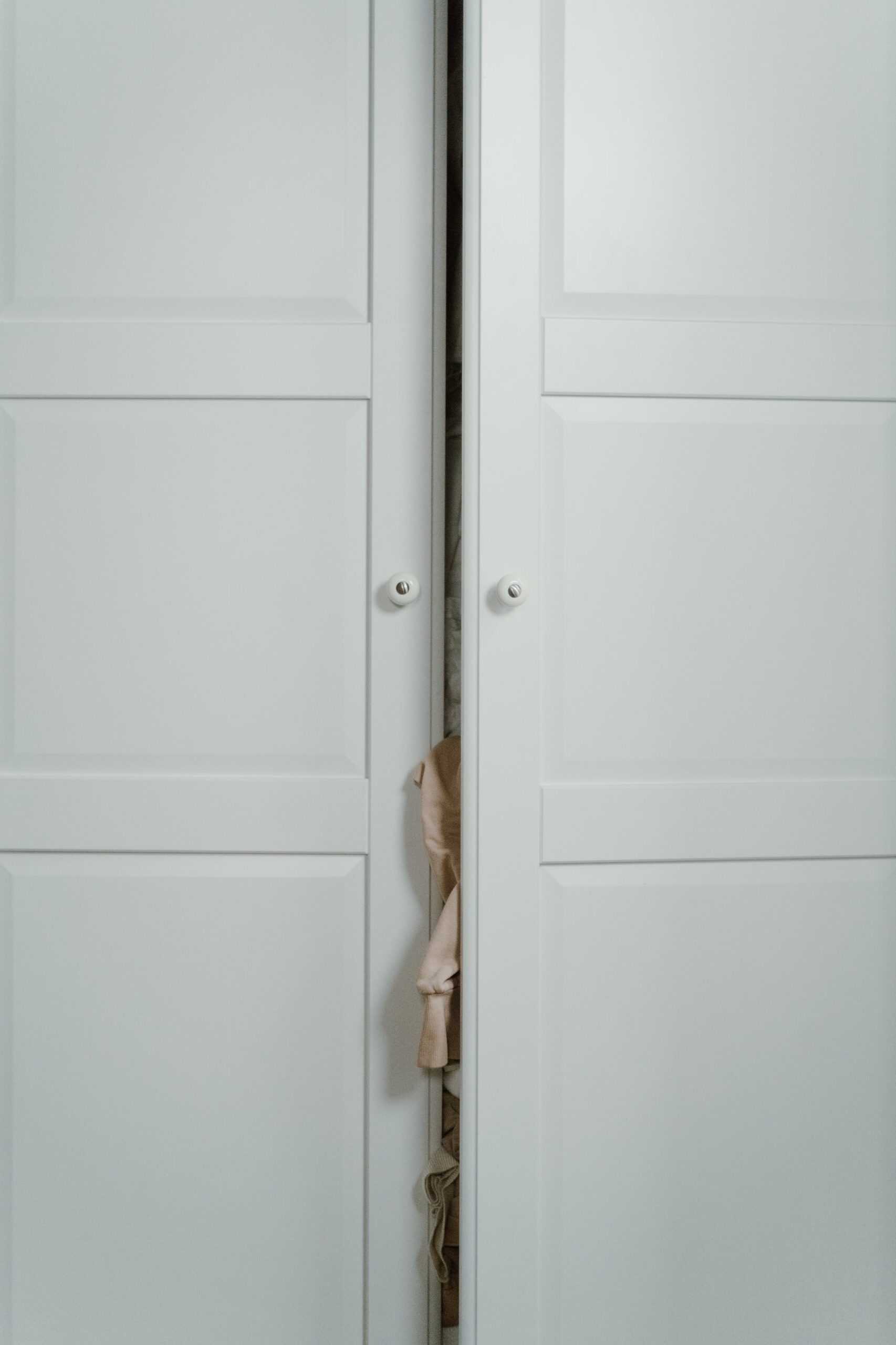
Not only will starting small make the process of minimalism more manageable, but it will also help you stay motivated. As you see progress in one area, you’ll be more inspired to tackle the next area of your life.
Minimalism is a journey, not a destination. It’s important to remember that you don’t have to do everything at once. By starting small and focusing on one area of your life at a time, you’ll be able to make lasting changes that will simplify your life and bring you more joy.
2. Focus on what matters
Minimalism is not just about owning fewer possessions. It’s about focusing on the things that matter most to you, such as your relationships, health, and personal growth.
When most people think of minimalism, they might picture a bare, sterile living space with empty walls and floors. However, minimalism is not just about getting rid of everything you own and living with less. It’s actually about finding joy in what you have, not what you don’t have.
It’s easy to get caught up in the idea of owning more things, thinking that they will make us happier or more successful. But the truth is, the things that make us truly happy are often the simplest things in life.
Think about the possessions that you treasure the most. Chances are, they hold sentimental value or bring back fond memories. Maybe it’s a piece of jewelry that belonged to your mom or a book that you read over and over again as a child. These are the things that matter most, and they are the things that you should focus on keeping.
When it comes to decluttering, it can be difficult to let go of possessions that we feel attached to, even if they don’t bring us joy. But by learning to let go of these items, we can make room for the things that truly matter.
In today’s fast-paced world, it might be easy to get caught up in the noise and distractions that surround you so be careful. You’ll be bombarded with information from every direction, and it can be overwhelming to try and keep up with it all.
But amidst all this chaos, it’s important to remember to focus on what really matters. Keep in mind that less is more.
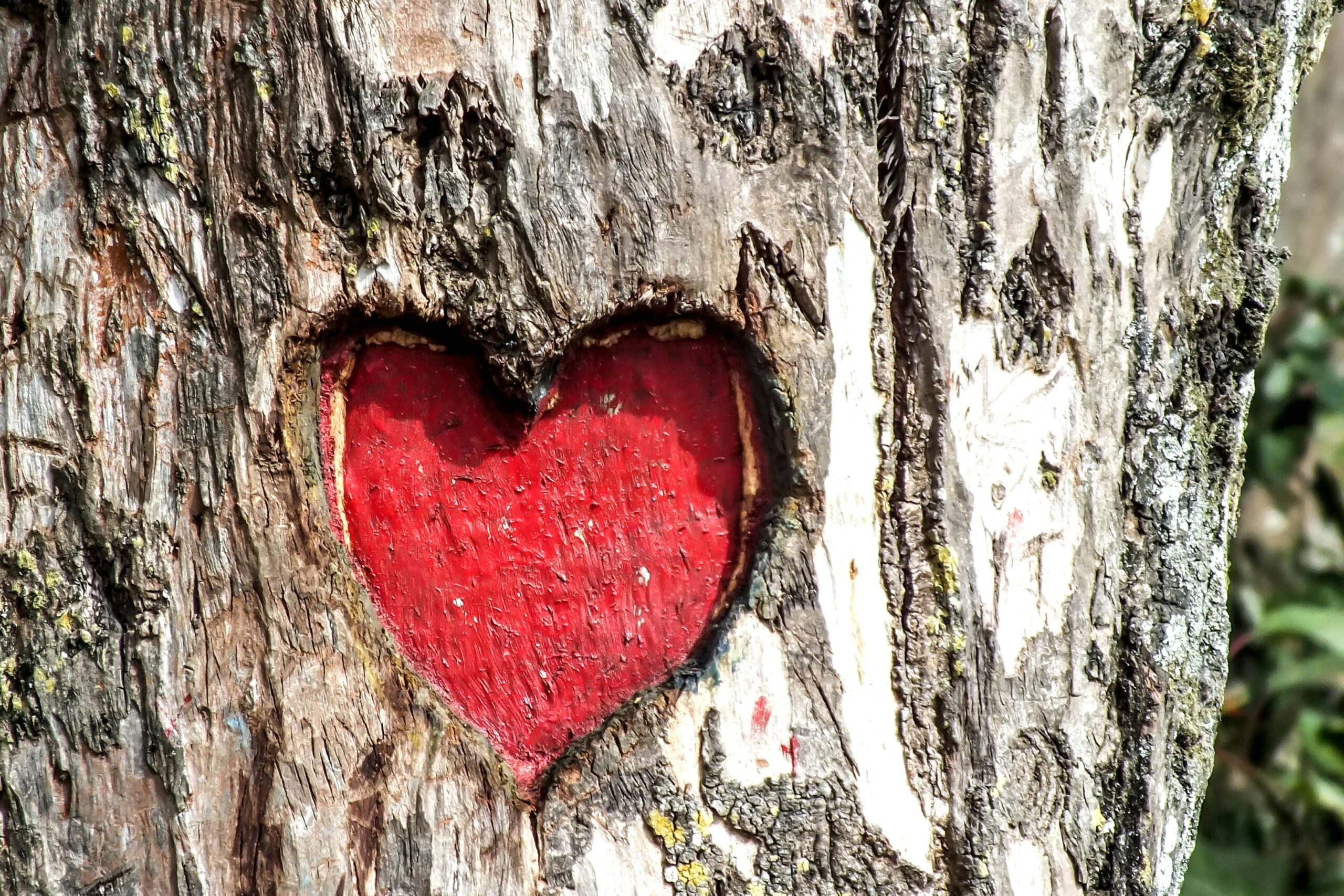
3. Shift Your Mindset
Minimalism is often associated with getting rid of physical possessions, but it is so much more than that. Minimalism is a mindset that focuses on mental clarity, simplicity, and intentionality. When we embrace minimalism as a way of life, we can experience a sense of freedom and peace that comes from letting go of the excess and focusing on what truly matters.
One of the main benefits of minimalism is mental clarity. When we simplify our lives and remove the distractions of excess stuff, we create more space in our minds for the things that really matter. We can focus on our goals, our passions, and our relationships without being bogged down by the constant noise of clutter and chaos.
Another important aspect of minimalism as a mindset is the ability to focus. When we have a clear idea of what is truly important to us, we can prioritize our time, energy, and resources accordingly. We can say no to things that don’t align with our values and goals, and we can focus on the things that do. This allows us to be more productive, efficient, and effective in all areas of our lives.
Finally, minimalism as a mindset requires intentionality. We must be intentional about the things we bring into our lives and the things we let go of. We must be intentional about our goals and our values. And we must be intentional about how we spend our time and energy. When we approach life with intention, we can create a life that is truly fulfilling and meaningful.
4. It’s Okay to Let Go
Letting go of possessions can be difficult, but it’s important to remember that they are just things. You will feel lighter and experience more freedom once you let go of the things that no longer serve you.
Minimalism is not just about living with less, but about living with purpose. It’s about finding joy in the things that you have, and letting go of the things that don’t serve you.
By simplifying your life and getting rid of the things that don’t matter, you can reduce stress and anxiety, and create more time and space for the things that do. You can also save money by not buying things you don’t need, and you can gain more freedom and flexibility in your life.
5. Quality over quantity
Invest in high-quality items that will last longer, rather than buying cheap items that will need to be replaced frequently. When it comes to minimalism, it’s important to choose quality over quantity when making purchases.
Minimalism is not just about decluttering your physical space, it is also about simplifying your life. Take advantage of opportunities for unique experiences which come your way. You never know if they will come around again.
6. Simplify your schedule
Minimalism is not just about owning fewer possessions, it’s also about simplifying your schedule. Say “no” to the things that you just don’t want to do.
Creating a routine for your daily tasks can help reduce decision fatigue and simplify your life. Instead of spending time and energy deciding what to do next, following a routine can help you focus on what is important and get things done efficiently.
Try creating a morning routine that includes exercise, prayer, or journaling to start your day off on the right foot. Consider reducing your daily options.
Having too many options can be overwhelming and lead to decision paralysis. For example, limit your wardrobe to a few staple pieces that you can mix and match. This not only simplifies your morning routine but also saves money and reduces clutter in your closet. By simplifying your routines, you can reduce decision fatigue and create a more peaceful life.
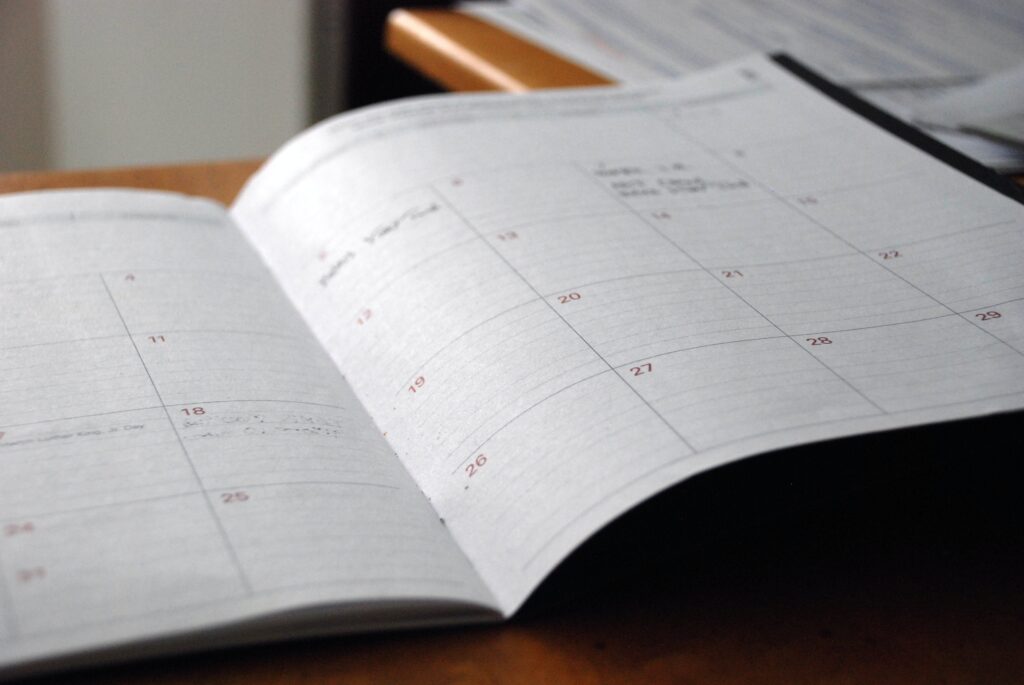
7. Practice mindful consumption
Mindful consumption is the practice of being aware of the impact of your purchases on the environment, society, and your own personal finances. It involves making intentional and informed decisions about what you buy and how you consume.
Take time to consider whether you really need something before making a purchase. By practicing mindful consumption, you can reduce waste, save money, and live a more fulfilling life.
So, the next time you’re tempted to make an impulse buy, take a moment to consider the impact it will have on your life and the world around you. Focus on buying only what you need, rather than what you want.

Here are some tips to help you practice mindful consumption:
- Research the products you buy to ensure they are good quality.
- Borrow or rent items you need instead of buying them new. Especially single-use or rarely used items.
- Shop local and support small businesses.
- Buy second-hand or refurbished items instead of new ones.
- Reduce your overall consumption by decluttering your home and living a more minimalist lifestyle.
8. Embrace imperfection
Perfectionism can be a double-edged sword. I speak from experience on this one. On one hand, it can push you to achieve your goals and strive for excellence. On the other hand, it can hold you back, causing you to feel overwhelmed, anxious, and ultimately, stuck.
Minimalism isn’t about achieving perfection. It’s about simplifying your life and focusing on what truly matters. In your quest for perfection, you may often forget that life is messy and imperfect, and that’s okay. Embracing imperfection is about letting go of the need for everything to be perfect and accepting that it’s okay to make mistakes.
Life is a journey, and it’s important to enjoy every step of the way. When you embrace imperfection, you can appreciate the beauty in the messiness of life. You can learn to enjoy the process, even when it’s not perfect. It’s important to focus on the present moment and find joy in the little things.
Minimalism is not about perfection. It’s about simplifying your life and focusing on what truly matters. Embrace imperfection and let go of the need to have everything “just so.” What a huge relief that is. Trying to be perfect in every aspect of your life can be exhausting. When you embrace imperfection, you can eliminate unnecessary stress and focus on what truly matters. You can prioritize your time and energy on the things that bring you joy and fulfillment.
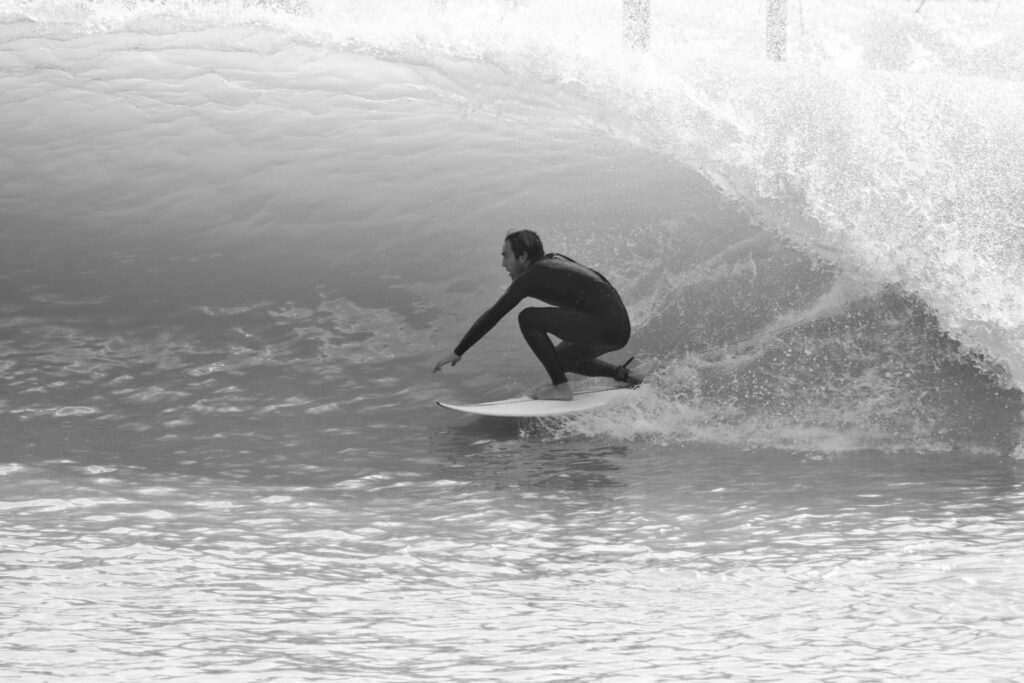
9. Focus on experiences
Instead of focusing on material possessions, focus on experiences. Travel, try new things, and spend time with loved ones. These experiences will bring more joy and fulfillment than any possession ever could.
Minimalism is all about living a simpler life with fewer possessions and less clutter. But it’s not just about physical belongings. It’s also about the people and experiences we surround ourselves with. Surround yourself with people who uplift and inspire you. Spend time with those who make you feel good about yourself and encourage you to be your best self. Let go of toxic relationships that drain your energy and bring negativity into your life.
Remember, minimalism isn’t about deprivation or sacrificing the things that bring you joy. It’s about creating space in your life for the things that matter most and letting go of the rest. By surrounding yourself with positivity, you’ll create a happier, more fulfilling life.
This life is short, so say yes to adventures, opportunities to learn and grow, and activities that make you feel alive. Let go of obligations that don’t align with your values or bring you joy. You won’t regret it.

10. Be grateful
Finally, be grateful for what you have. Focus on the things in your life that bring you joy and fulfillment. Gratitude is key in living a minimalist lifestyle.
“At the end of the day, let there be no excuses, no explanations, no regrets.” ― Steve Maraboli
Being grateful is a simple yet powerful way to improve your overall well-being. When you are grateful, you acknowledge the good things in your life, no matter how small they may seem.
It is essential to recognize the good things you have, rather than focusing on the negative. Gratitude can help you shift your perspective, reduce stress, and increase your happiness. So, take a moment each day to reflect on what you are thankful for, and make a habit of expressing your gratitude to those around you.
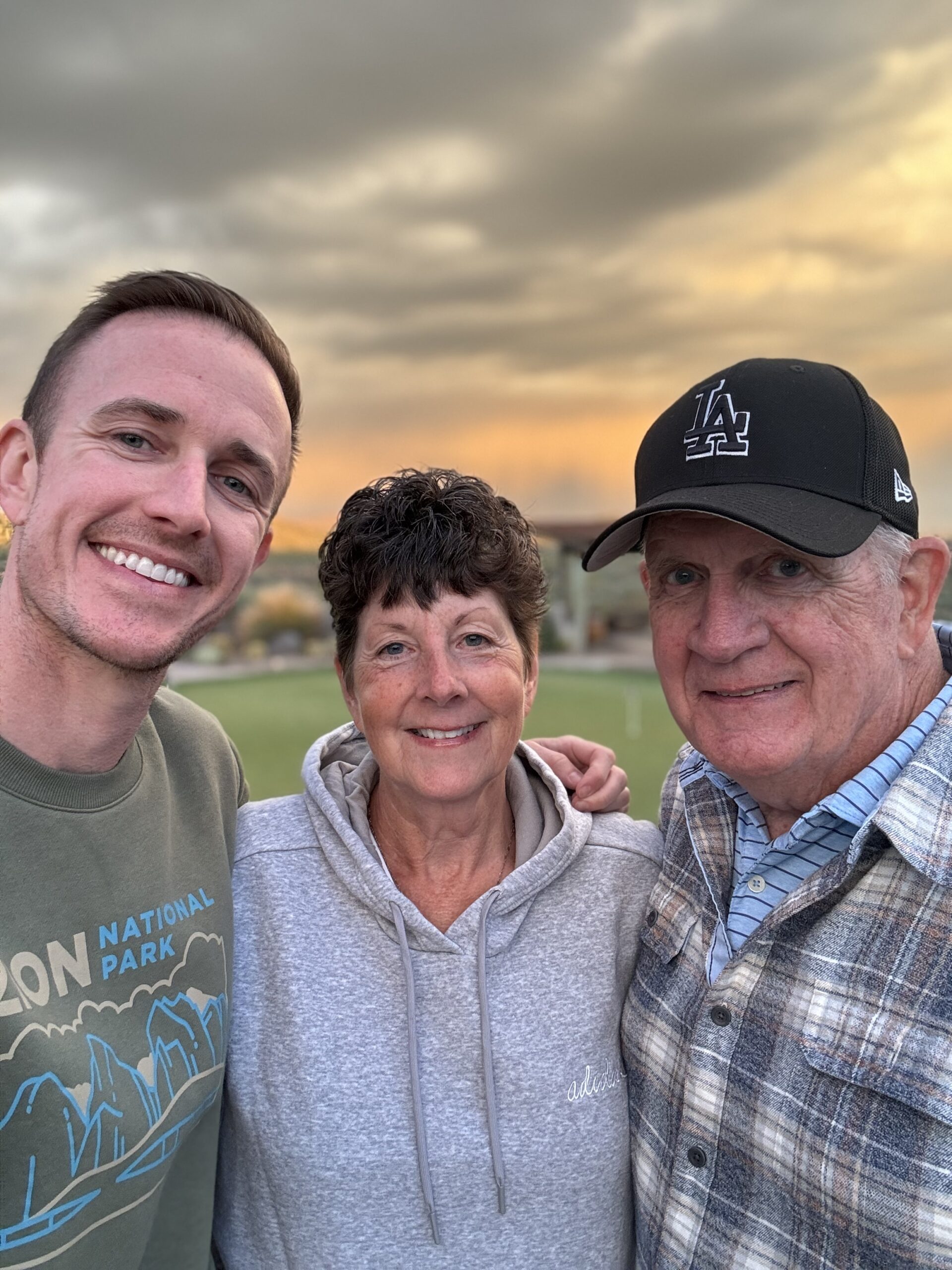
Being grateful is a choice, and one that can bring positivity and joy into your life. Minimalism can be a rewarding lifestyle that brings more joy and fulfillment into your life. If you’re considering minimalism, start small, focus on what matters, shift your mindset, and be mindful of your consumption habits.
Remember that minimalism is a personal journey and it’s important not to compare yourself to others. Embrace imperfection, focus on experiences, and be grateful for what you have. Don’t wait 30 years to begin!

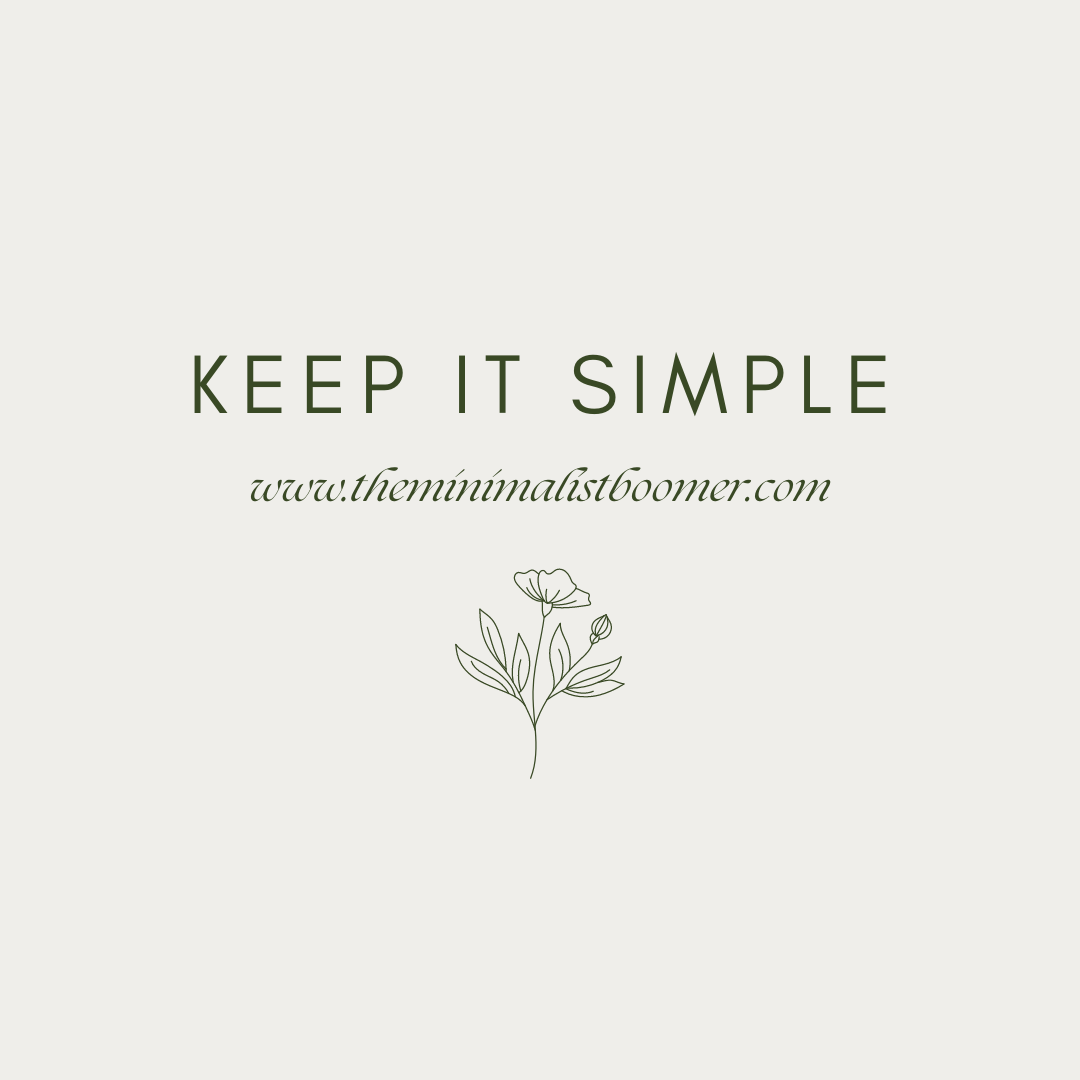


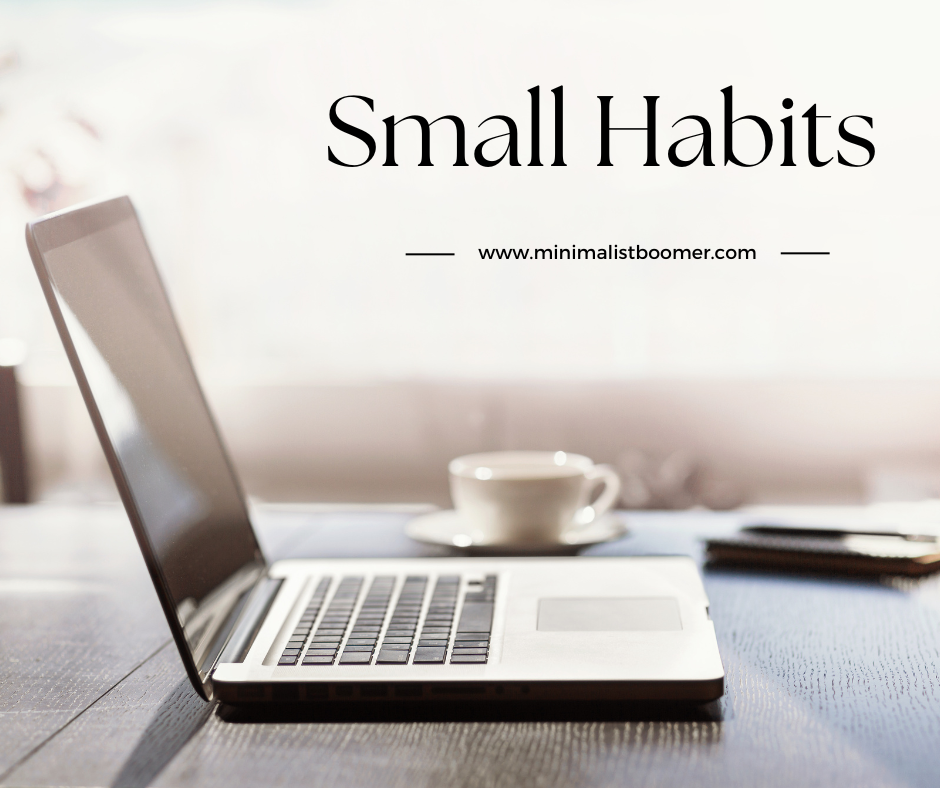
4 responses to “Ten Minimalism Tips for My 30-Year-Old Self”
“It’s actually about finding joy in what you have, not what you don’t have.” Oh, that’s good! This belief is at the core of so much neurosis in our society. Great work again friend.
Thanks so much Joy!
Great reflection on minimalism! Adding to number 9: Last year instead of “stuff” for Christmas we took a cruise. It was so fun and a great family experience for the kids and my parents. My kids didn’t miss the “stuff” and liked it so much that we are doing it again this Christmas, and this time some friends are even joining the fun.
Wow Bonnie, that is fantastic. What a gift for your whole family. All of my favorite holiday gifts are those involving time spent with the family. Enjoy!